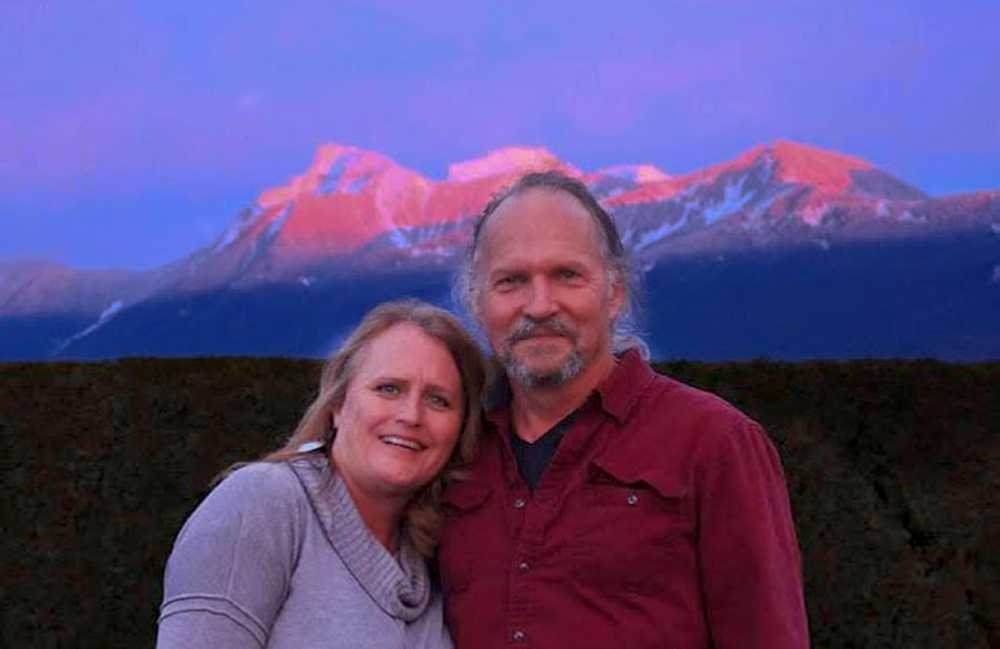Stories
Jefferson pastors one of the bigger churches in Altamira, one that has planted several other churches. He was a teen-ager when we first met him. At the InterVinha 2017 Conference, during one of the general assemblies under the big tent, Jefferson told a couple of stories to the group.
“I remember when the only Igreja da Vinha church in Altamira was 18 people gathered in Pastor Ricardo’s garage.” I remember this very clearly. I used to pull our white 4×4 Bandeirante pickup out each week and sweep the mud off the floor. One corner of the garage was reserved for hatching chicks with a homemade incubator. Nilton and Cleuci, Clenildo and Angelita, and Elba would come with small groups that they had started. When our garage congregation got to 80 people we rented a dance hall on the river front. We had to meet early though so the revelers could fill it up later in the evening. After about a year of this we were able to purchase our Central Church property. We immediately started meeting onsite in an old building, and made improvements as we were able.
Jefferson continued.
“I remember when Angelita got malaria. I was living with them. I would do all the dishes and cook their food. Clenildo had a horse and cart. He would go out and deliver freight for people, and make enough money to buy some rice for supper. (Clenildo and Angelita now have a Toyota 4×4 they are paying off, and another one they are trying to sell.) Now look at us!”
……………………………………………………………………..
Sometimes in the challenges of the moment we forget how far we have come, but once the story telling starts, one memory triggers another. In a later meeting, Clenildo had the microphone. “Let me tell you a story about my mare that happened right where we are meeting now, many years ago, before we had these facilities here. I was walking around after my horse trying to get a rope around her neck. Every time I got close the mare would run away. The grass was about shoulder high. My calves and angles were bleeding because this grass cuts our skin. Finally, after walking for a long time, I saw the mare again across this field, right here. I was discouraged. I prayed. ‘Please God. This would be so easy for You. Would you tell my mare to let me put this rope around her neck.’ When I looked up, the mare was staring straight at me. We stared at each other. Then the mare started walking towards me. She kept walking closer, and closer, and finally she stopped when her nose was about the length of my palm (20 cms) from my nose. I put my arms up and slid the rope over her head and around her neck. Then I looked around. I was in awe of God. I thought, ‘I have just experienced a miracle, and there is no one here to witness it'”.
…………………………………………………………………….
Later Timoteo came up to me. “I had a story I wish I had shared with the group. Do you remember when we did our first survey trip to Altamira?” In 1995 Timoteo was a young pastor in Santarem, a city 500 kms to the West, on the next river over. Timoteo, Ross, and I drove our white Toyota Bandeirante to do a survey trip. Much of the road was 10-20 cms of very fine dust that would actually flow like water around our tires, even producing little waves, and would hang in the air for kilometers behind us, and behind other vehicles. While the road looked smooth because of this fine powder covering, underneath were many large potholes. This made for a bouncy and dusty ride, with no air conditioning. Part of the road was in a raging fire as the ranchers cleared their fields. In at least one case the flames licked around our truck as we raced through, the hitch-hikers we had picked up who were sitting in the open back of the pickup were yelling and encouraging us on! When we got to Altamira we dropped off Timoteo. He went to a government agency to get some information about the farms and ranches. Ross and I went to fuel up the truck.
Timoteo continued. “I was in the government agency when this guy comes running in to the front desk. Someone from the street shot him in the leg, and he fell in the hallway right beside me, bleeding. A gang was robbing the bank next door. They had just shot a priest in Vitória, trying to rob his payroll. They got the wrong priest, so they stole a car and were now robbing the bank. There were other people to care for the wounded man so I slipped out a side door to find you, afraid you might stumble into this mess.”
When we have a chance to reflect on how far we have come, I am filled with gratitude:
* to all supporters, who pray for and invest in young, untested leaders,
* to everyone who helped by coming on a short-term team,
* to mentors who have come back many times, and invested in friendships and phone calls,
* to everyone who has joined this team full-time for a season of full-time ministry,
* to all the Brazilians, who really are making this all happen,
* and most of all to God, who is establishing His Kingdom, which is here and not yet.


























